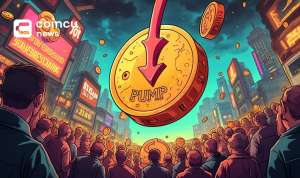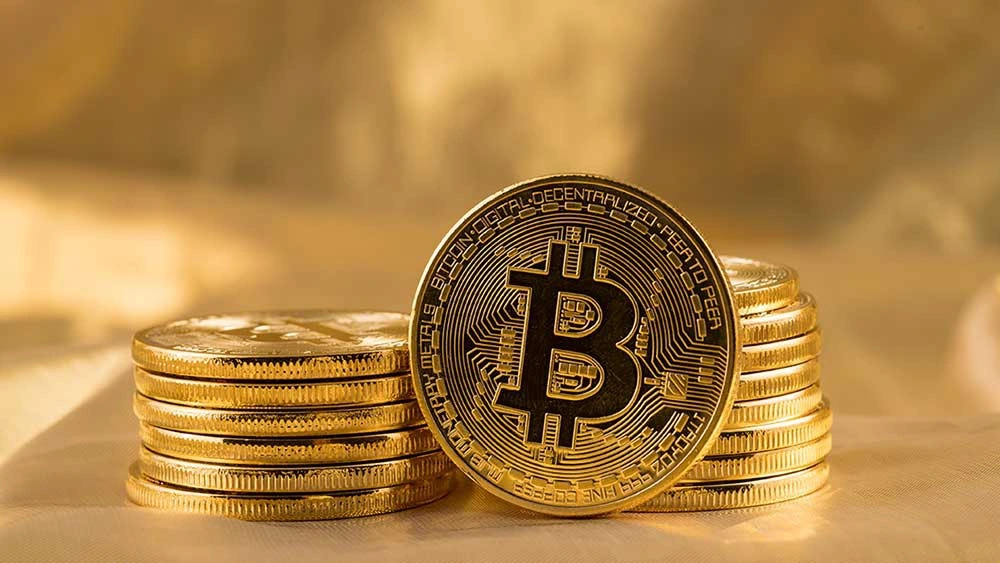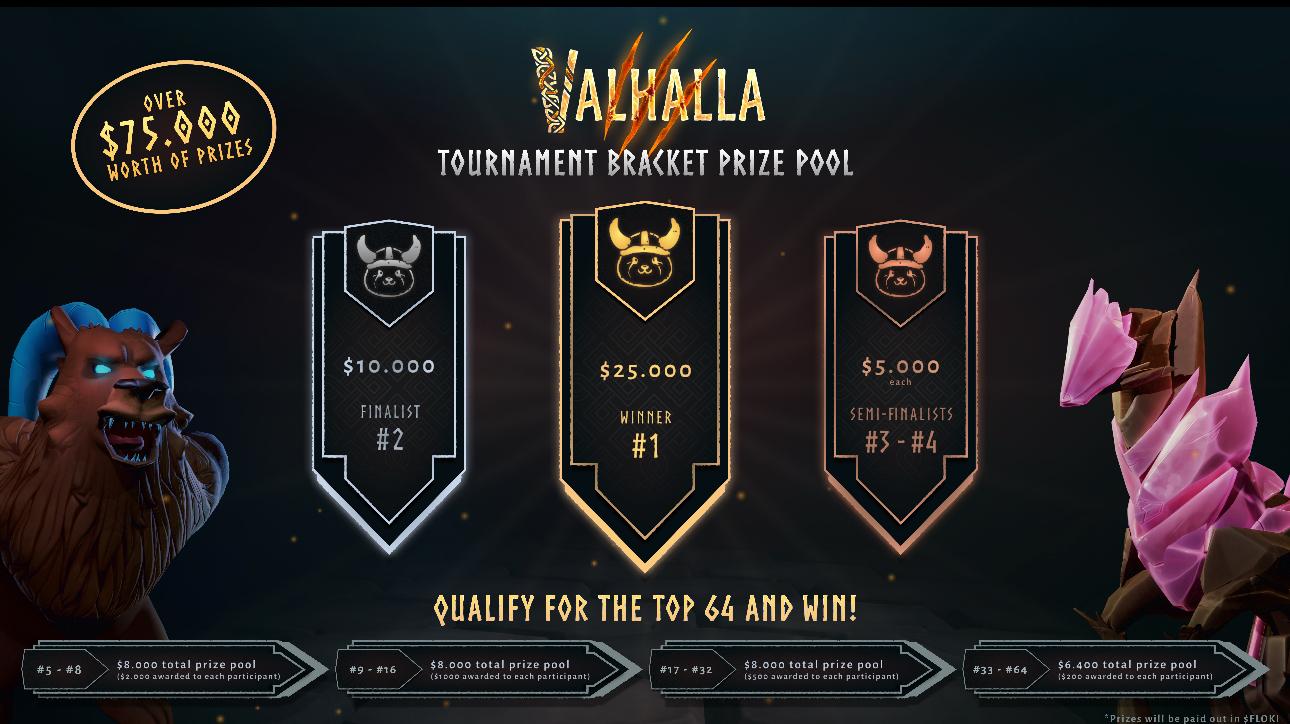Key Points:
- Employing distributed ledger technology (DLT) in securities markets might result in annual savings of more than $100 billion.
- Utilizing smart contracts to automate stock split and merger settlement and corporate action procedures might save $15-20 billion in operating expenditures.
According to a recent analysis from the Global Financial Markets Association (GFMA), distributed ledger technology (DLT) may have transformative effectsfor capital markets, but regulators must be more inventive.

In a study released on May 16, the conventional finance industry advocacy organization, together with multinational consulting company Boston Consulting Group and others, urged regulators and traditional financial institutions to take a closer look at the technology’s benefits.
It focuses on three new use cases: collateral management, asset tokenization, and sovereign and quasi-sovereign bonds. According to a recent GFMA analysis, using the tech in conventional markets might save up to $100 billion each year.
A distributed ledger is a catch-all phrase for a system that keeps track of transactions and digital data. A blockchain is a subset of a distributed ledger. Adam Farkas, CEO of the GFMA, stated:
“Distributed ledger technology holds promise for driving growth and innovation. This potential should not be ignored or prohibited where regulatory oversight and resiliency measures already exist.”
Using distributed ledgers to improve collateral processing in derivatives and loan markets might save an extra $100 billion, according to the paper.
When used at scale, the technology might provide transformative cost-saving and operational efficiency gains (for example, around $20 billion in worldwide clearing and settlement expenses) and enable innovation-led development, expanded market access, and new liquidity pools. Yet, there has been little take-up of DLT in the industry, leading the GFMA to urge action from both market players and regulators.
According to the organization, harmonized worldwide regulatory and legislative frameworks are required, as well as agreement on common standards to increase interoperability, resource commitment, cooperation, and the development of DLT-based payment choices.
Euroclear, a clearing and settlement business located in Brussels, is poised to launch a new platform for DLT bond trading on March 23, and the European Central Bank is investigating ways to better integrate its financial settlement systems with the decentralized technology.
Internationally, DLT is becoming more widely used. Nonetheless, there is still much space for improvement when it comes to integrating DLT into pre-existing financial systems.
DISCLAIMER: The information on this website is provided as general market commentary and does not constitute investment advice. We encourage you to do your own research before investing.
Join us to keep track of news: https://linktr.ee/coincu
Harold
Coincu News























